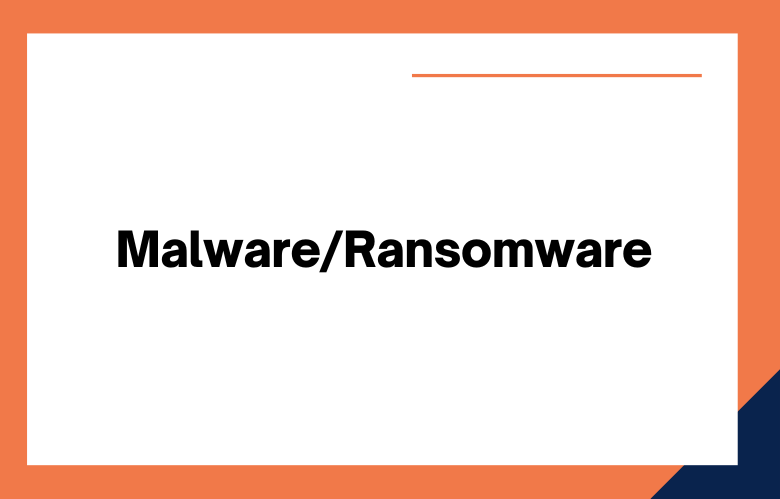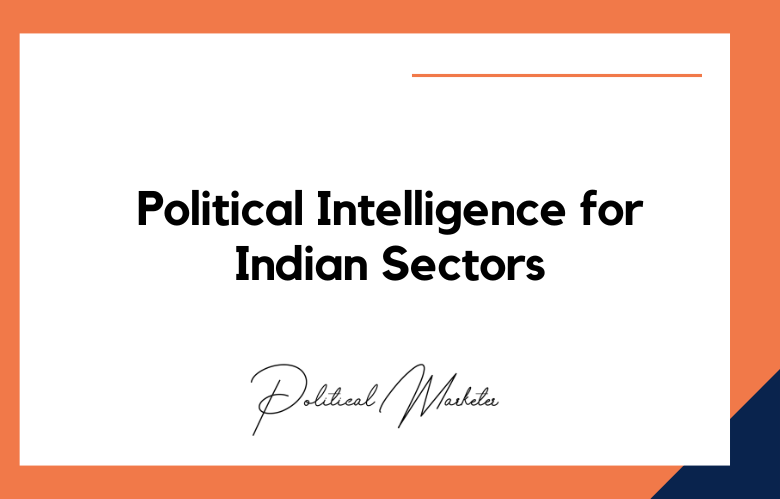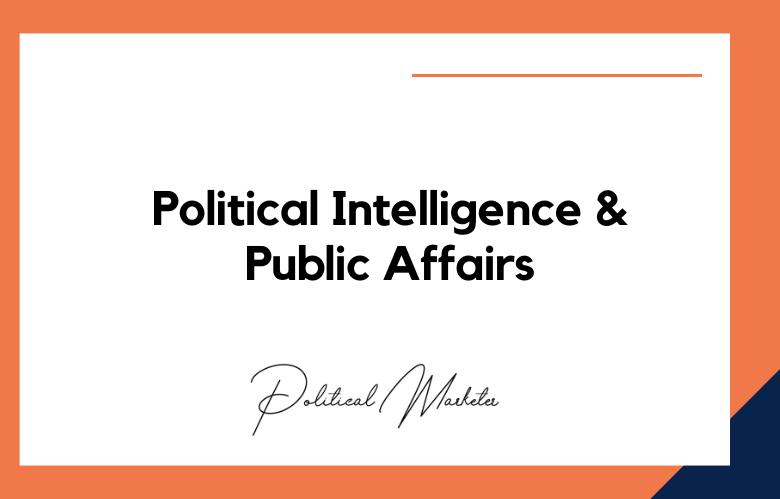In the age of cyber warfare, political campaigns must be vigilant about cybersecurity. Malware and ransomware attacks are on the rise and can have devastating consequences for a political campaign if they are not adequately prepared.
We will discuss malware and ransomware attacks, how to prevent them, and why political campaigns need to have cybersecurity protocols in place.
What is Malware/Ransomware?
Malware is malicious software that infects computers or networks intending to steal personal data, disrupt operations, or damage systems.
Ransomware is malware that steals data or locks users out of their approach until they pay a ransom.
Both types of attacks can devastate a political campaign if not prevented. Malware is a broad term that describes various malicious software such as viruses, Trojan horses, worms, rootkits, spyware, adware, and more.
It is designed to damage or disrupt computer systems and can be spread through email attachments, malicious websites or links, USB drives, or other digital media. Malware can cause severe damage to your data and networks if left unchecked.
Ransomware is malware that encrypts files on infected computers and then demands payment from victims to regain access to those files.
How Can Political Campaigns Prevent Malware/Ransomware Attacks?
The first step in preventing malware/ransomware attacks is awareness. The campaign staff should understand what types of attacks they may face and how to recognize them.
They should also be educated about the importance of regular backups so that if an attack does occur, the files can be restored quickly without paying the ransom demand.
Security protocols such as two-factor authentication should be implemented on all accounts associated with the campaign to reduce the risk of unauthorized access.
Antivirus software should be installed on all devices campaign staff use to detect any suspicious activity or potential threats before they become an issue.
Preventing Malware/Ransomware Attacks
Implementing robust cybersecurity protocols is the best way to protect against malware/ransomware attacks.
This includes ensuring all employees use secure passwords, regularly updating antivirus software and firewalls, being mindful of suspicious emails and attachments, and educating staff on proper cybersecurity practices.
It is also essential for political campaigns to back up all data regularly in case an attack does occur.
Why it Matters for Political Campaigns?
Political campaigns rely heavily on digital communications such as email and social media platforms, making them especially vulnerable to cyberattacks like malware or ransomware.
A successful attack could lead to stolen donor information or leaked confidential messages, damaging the campaign’s reputation and candidates.
Having adequate security measures in place can help prevent this type of disaster.
Preventative Measures Political Campaigns Can Take
Political campaigns should take the following preventive measures to protect their systems from malicious software attacks:
Use antivirus/anti-malware software: Antivirus/anti-malware software should be installed on all computers associated with a political campaign to detect and remove any potential threats before they become an issue.
Keep operating systems up-to-date: All designs should be updated regularly with the most recent security patches to reduce the risk of attack vulnerability.
Backup important data: Regularly back up any essential data associated with a political campaign to restore it if an attack occurs.
Train staff: Ensure that all staff members understand the importance of security best practices, such as avoiding suspicious emails or websites, downloading only trusted applications, etc., and make sure they are knowledgeable about how to handle potential threats if they arise.
Hire professionals – Political campaigns should consider hiring professional IT companies specializing in cybersecurity solutions to ensure their networks remain secure during this crucial election season.
Protecting Political Campaigns from Malware and Ransomware
In the digital age, political campaigns must be mindful of the cybersecurity threat of malware and ransomware.
As cybercrime continues to rise, it is more important than ever for campaigns to protect their data and systems.
The following will discuss strategies for preventing malware and ransomware attacks on political campaigns.
Understanding Malware & Ransomware
Malware and ransomware are two forms of malicious software that can cause significant damage if left unchecked.
Malware is malicious software designed to infiltrate a computer system without the user’s knowledge or permission.
It can steal sensitive information, monitor user activity, and launch large-scale attacks against other systems.
On the other hand, ransomware is malicious software that encrypts files on a computer system to hold them hostage until the user pays a ransom.
Preventative Measures
Political campaigns must take steps to protect themselves from malware and ransomware attacks.
One of the best ways to do this is to ensure that all computers connected to the campaign network run up-to-date antivirus and anti-malware software.
It is also essential that all devices connected to the network use strong passwords that hackers cannot easily guess or crack.
We may be helpful for campaigns to invest in advanced security measures such as firewalls, intrusion detection systems, and web filtering services to prevent unauthorized access.
Political campaigns must practice good data hygiene by regularly backing up their data in case of an attack or system failure.
Training Employees
Political campaigns must train employees in basic cybersecurity principles, such as creating strong passwords and identifying potential phishing emails.
Spot suspicious websites, avoid clicking on unknown links or attachments, and do not share confidential information over public networks or via email.
Providing regular training sessions can help ensure that employees remain vigilant when it comes to online security measures.
Conclusion:
Robust security protocols are essential for protecting political campaigns from malicious cyberattacks such as malware or ransomware.
It is essential for everyone involved in a campaign—from volunteers to staff members—to understand the importance of cybersecurity and take appropriate steps to keep sensitive data safe from attackers.
By accepting these preventive measures now, political campaigns can ensure they are protected against any potential threats in the future.
They were backing up essential data, training staff, and hiring professionals who specialize in cybersecurity solutions. These steps will help ensure your campaign remains safe throughout the election season!
Call: +91 9848321284
Email: [email protected]
Malware/Ransomware Attack Prevention for Political Campaigns: FAQs
What Is Malware And Ransomware In The Context Of Political Campaigns?
Malware refers to malicious software designed to harm or exploit systems, while ransomware specifically locks access to campaign data until a ransom is paid, posing significant threats to political infrastructure.
How Can Ransomware Target a Political Campaign?
Attackers often use phishing emails, unpatched systems, or malicious links to install ransomware that encrypts files, disrupts operations, and demands payment for access restoration.
Why Are Political Campaigns High-Value Targets For Cybercriminals?
Campaigns collect sensitive voter data, manage communication strategies, and operate under tight deadlines, making them appealing targets for disruption and financial extortion.
What Are The Early Warning Signs Of A Malware Attack?
Unexpected system behavior, unauthorized access logs, slow device performance, and the appearance of unfamiliar applications may indicate a malware compromise.
How Can Political Campaigns Protect Against Malware?
Campaigns should deploy antivirus software, enable firewalls, restrict unauthorized software installations, and enforce regular software updates across all devices.
What Role Does Cyber Hygiene Play In Attack Prevention?
Basic cyber hygiene, such as using strong passwords, avoiding suspicious downloads, and logging out of systems, helps reduce hackers’ attack surface.
Should Campaigns Use Endpoint Detection And Response Tools?
Yes, EDR tools provide real-time monitoring, threat detection, and automated incident response, helping to prevent the spread of malware across connected devices.
How Does Email Phishing Enable Ransomware Attacks?
Phishing emails trick staff into clicking on malicious links or attachments, allowing attackers to infiltrate systems and launch ransomware attacks from within.
Are Cloud Storage Services Safe For Political Campaign Data?
If properly configured, cloud services can be secure with encryption, two-factor authentication, and access controls. However, misconfiguration poses serious risks.
What Should Campaigns Do Immediately After A Ransomware Attack?
Isolate infected systems, inform cybersecurity teams, avoid paying the ransom, and work with law enforcement and backup systems to restore operations.
How Important Are Regular Data Backups For Campaign Security?
Data backups are critical. They ensure that critical campaign files can be restored without paying the ransom in case of a ransomware attack.
What Is The Role Of Security Awareness Training For Staff?
Training helps campaign staff recognize social engineering, phishing, and malware tactics, minimizing the risk of human error leading to breaches.
How Can Two-Factor Authentication Help Prevent Malware Intrusion?
2FA adds an extra layer of security beyond passwords, making it harder for attackers to gain unauthorized access even if credentials are compromised.
What Are Some Recommended Antivirus And Anti-Ransomware Tools?
Tools like Bitdefender, CrowdStrike, Malwarebytes, and SentinelOne offer strong defenses against advanced malware and ransomware variants.
Can A Political Campaign Be Legally Liable For A Data Breach?
Failure to secure personal voter data can result in legal penalties, reputation damage, and loss of public trust under data protection laws.
What Should Be Included In A Campaign’s Cybersecurity Policy?
Policies should cover access control, incident response, password management, encryption standards, and regular security assessments.
How Can Campaigns Monitor For Active Threats?
Use threat intelligence platforms, intrusion detection systems, and network traffic analysis tools to identify and respond to anomalies in real-time.
Are There Government Resources Available For Campaign Cybersecurity?
Yes, agencies like CISA in the U.S. and CERT-In in India offer guidance, tools, and alerts to help secure election-related systems and infrastructure.
What Is The Role Of A Cybersecurity Audit In Campaign Planning?
Audits help identify vulnerabilities, test system resilience, and ensure compliance with security protocols, which is critical for campaign readiness.
How Should Campaigns Handle Insider Threats?
Implement role-based access controls, monitor user behavior, and establish whistleblower channels to detect and prevent insider abuse or negligence.











